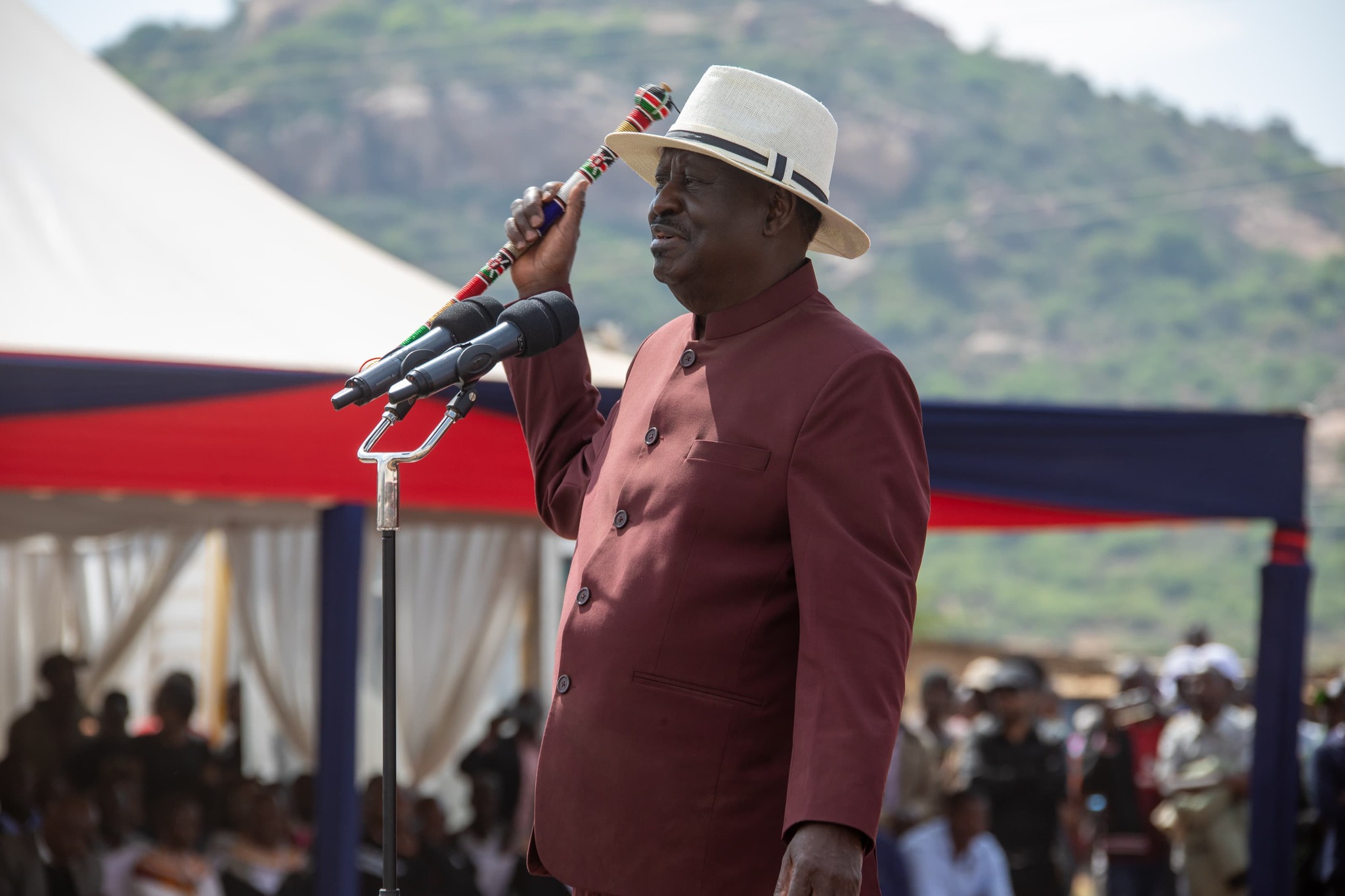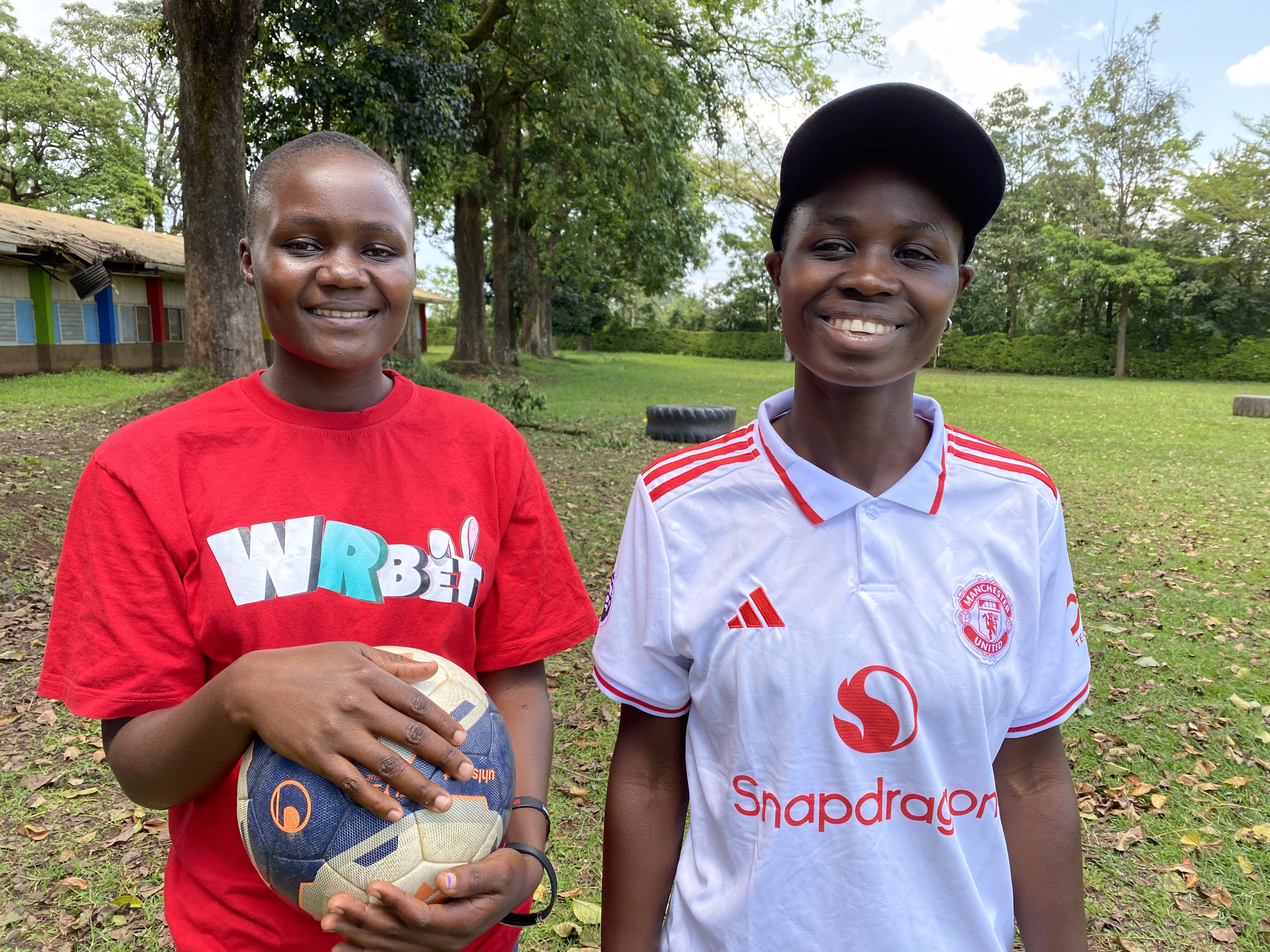
Lake Victoria project empowers women, ends ‘Sex For Fish’ practice
Some traditions on Lake Victoria date back centuries – and some are best banished to the history books.
For years, in some fishing communities women have been disadvantaged, dis-empowered even abused.
A project in Kenya is giving women the chance to get ahead on the lake – on their own terms.
CGTN’s Lindy Mtongana and Orto Sori have that story.
Jaboya or Sex For Fish is an old age practice where female traders engage in sexual relationships with fishermen to secure their supply of fish. The women fish traders are often pressured into having sex with the fishermen who supply them with daily fresh fish.
This practice has for a number of years been associated with high levels of HIV infection. In Nyanza province, the rate of infection is around 15% — double the national average and within fishing communities, the rate is even higher, an estimated 30%.
The effect of HIV transmission is made worse by the fact that these women have no control over the use of condoms as a preventive measure against the spread of the HIV and other sexually transmitted diseases.
In Malawi, an NGO, Youth Net and Counselling (YONECO) that works to combat the spread of HIV infection in the country observed that despite increased awareness on HIV and AIDS in Malawi, fishermen on Lake Chilwa are queuing for sex.
The reports indicate that a total of 25 fishermen would line up to have sex with one woman in exchange of 15 dozen fish if no condom is used during sexual intercourse or 3 dozen fish if a condom is used.
In 2010, Peace Corps volunteers, Dominik Mucklow and Michael Geilhufe worked out a way to empower women financially in the “No Sex for Fish” project. The volunteers teamed up with the Kenyan businesses and US governments partners to acquire boats for women in the fish trade and helped them cultivate their own fishing business.
This empowerment of women has been seen by many as the key to eradicating the deadly fish-for-trade sex because the women employed men to go fishing using these boats therefore allowing women to be free from sexual exploitation in order to secure their fish supply.
The women own the boats, as the women work they repay the cost of building the boat, then the boat repayment money is pooled to construct more boats; increasing the number of women involved.
Peace Corps volunteers report that the No Sex for Fish project “has been very well received by the community” commenting that “both the district commissioner and district officer have been advocates and supporters on behalf of the project.”






